Invited Speakers
The PEQG 2026 organizers have selected a lineup of speakers who are experts in population, evolutionary, and quantitative genetics with a commitment to training and mentorship of the next generation of scientists.
Register for the Pan-genomes Doorstep Meeting for $99. Separate registration than PEQG 2026.
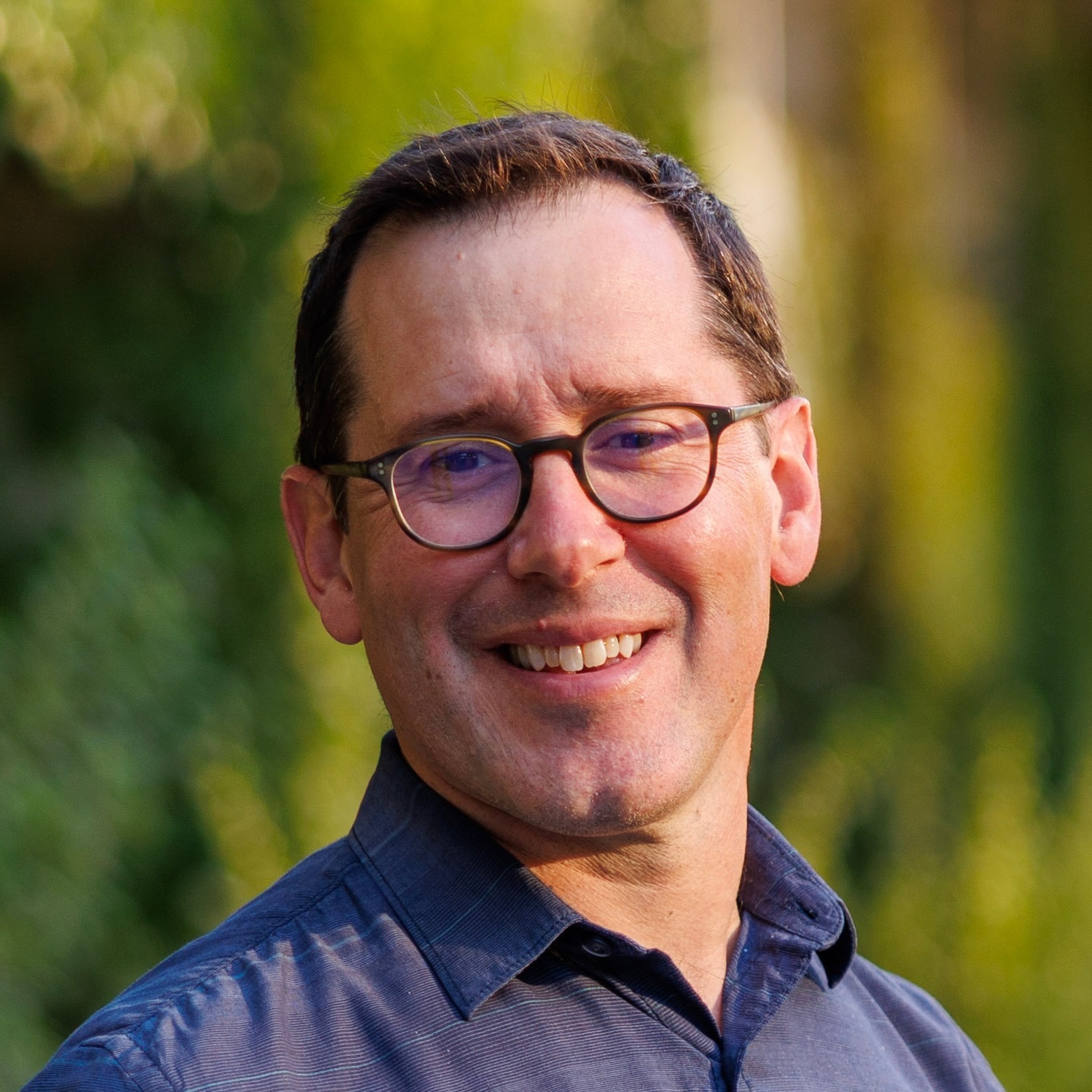
John Novembre
John Novembre is a Professor of Human Genetics at the University of Chicago, where his lab develops theoretical models and computational methods for understanding genetic variation with species. Their work has developed several impactful tools for the analysis and visualization of population structure, especially in relation to geography. His team has also carried out large-scale analyses of variation in humans, canids, and other species to illuminate the impacts of demographic history, selection, and gene flow as evolutionary processes.
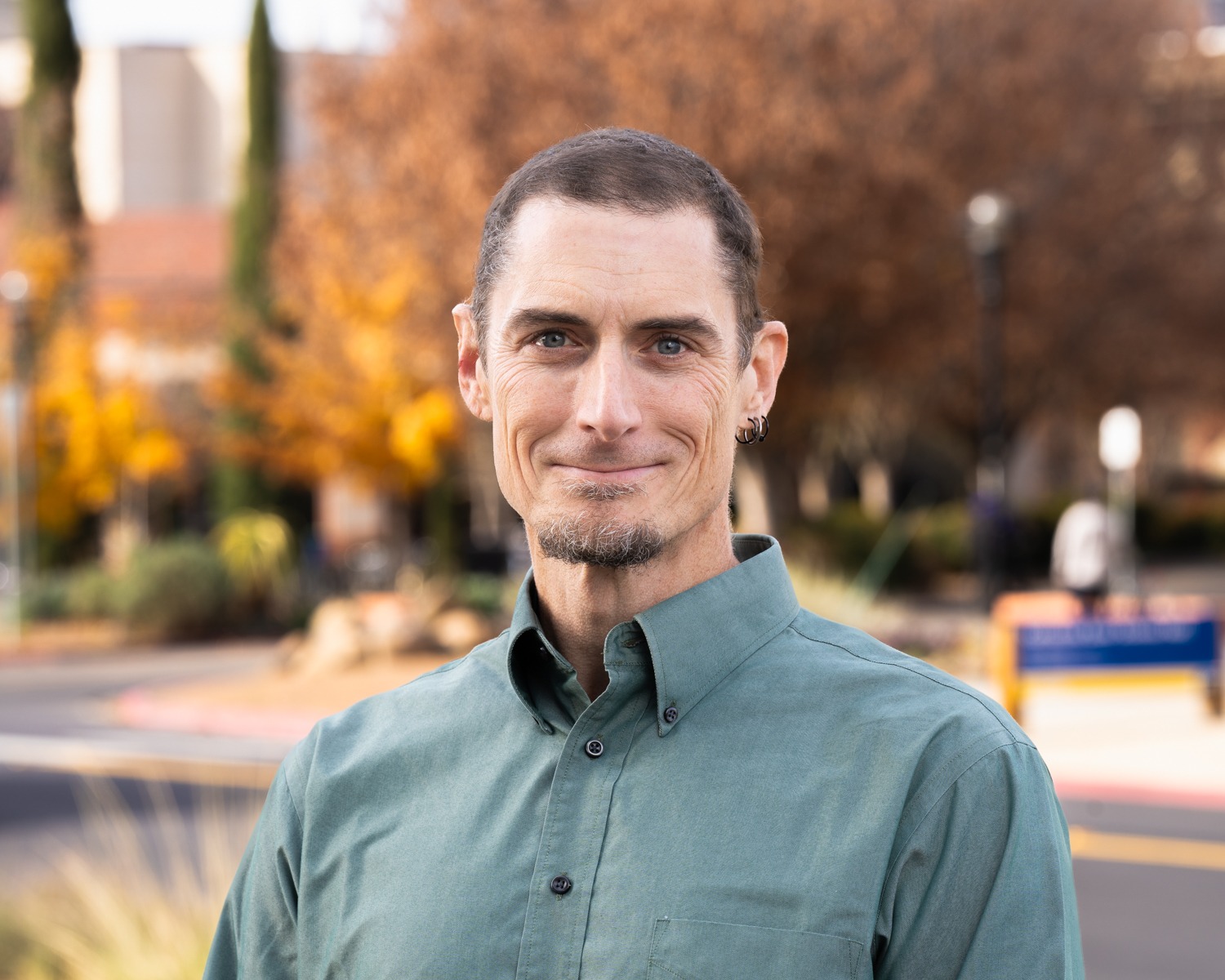
Jeffrey Ross-Ibarra
Jeffrey Ross-Ibarra is a professor at the University of California, Davis, where he studies evolutionary genomics in maize and its wild relatives. His research explores how selection, demography, and human activity shape genetic diversity, focusing on adaptation, domestication, and genome evolution. Combining computational genomics, field studies, and collaborations across disciplines, Ross-Ibarra investigates questions ranging from the impacts of linked selection to the role of breeding and agriculture in shaping crop genomes. He is widely recognized for bridging population genetics and plant biology to better understand evolution in agricultural systems.

Jenny Tung
Jenny Tung is the Director of the Department of Primate Behavior and Evolution at the Max Planck Institute for Evolutionary Anthropology and a Visiting Professor of Evolutionary Anthropology and Biology at Duke University. Jenny joined Duke University in 2012 after completing her post-doctoral training in the University of Chicago Department of Human Genetics and her PhD training in the Duke Biology department. She founded the Department of Primate Behavior and Evolution at MPI-EVA in 2022. Research in the department focuses on the intersection between behavior, social structure, and genes, primarily in nonhuman primates and other social mammals.

Megan Behringer
Vanderbilt Medical Center
Megan Behringer is an Assistant Professor in the Department of Biological Sciences and the Associate Director of the Vanderbilt Microbiome Innovation Center. Her research employs experimental evolution to investigate how environmental factors shape the generation of genetic variation and, ultimately, influence microbial evolution under complex stress. In particular, she focuses on the evolutionary mechanisms driving diversification, mutation rates, and adaptation to resource limitation, with a growing interest in feedbacks between evolution and bacterial epigenetics.
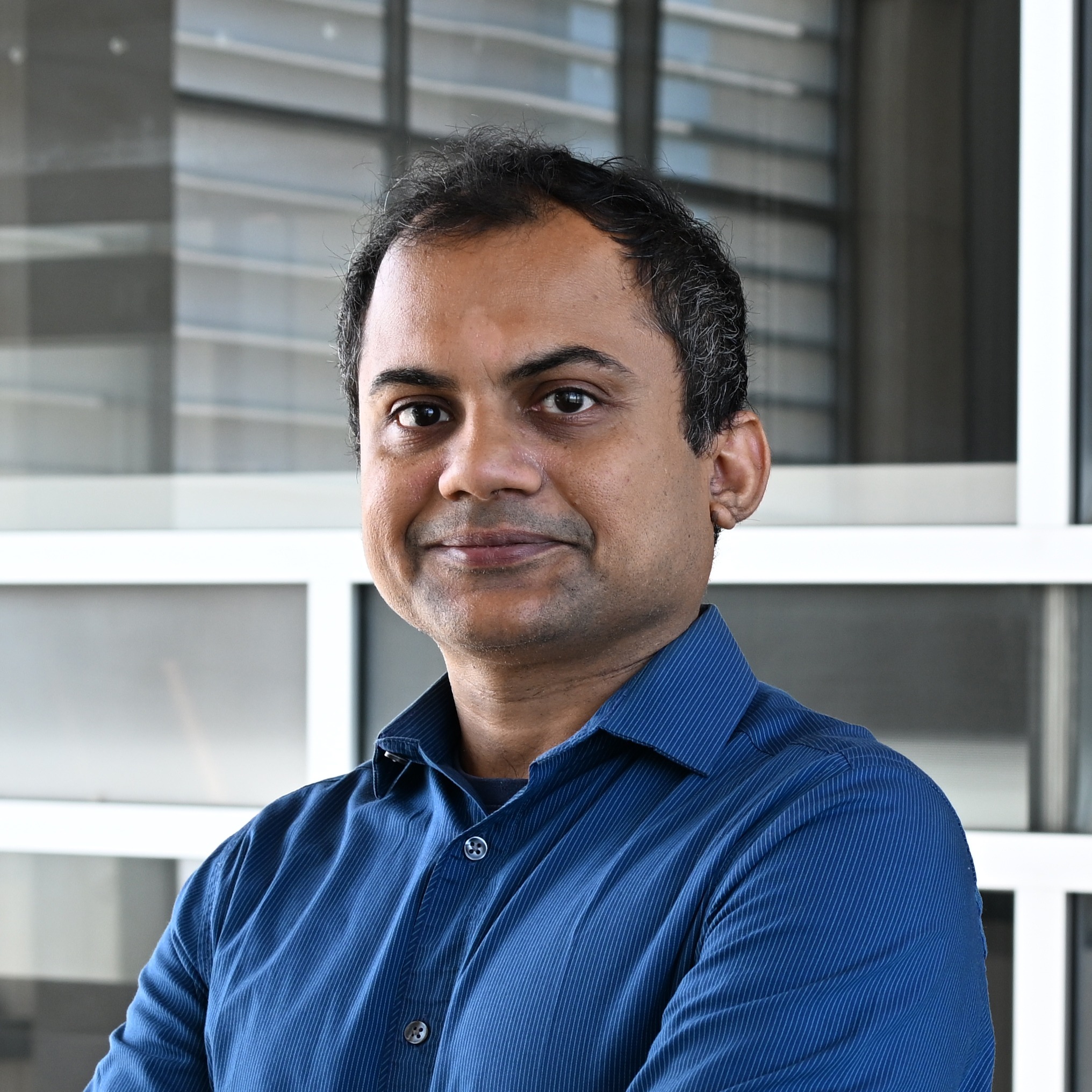
Mahul Chakraborty
Texas A&M
Mahul Chakraborty is an Assistant Professor in the Department of Biology at Texas A&M University. His lab develops computational and experimental approaches to understand how structural variation influences phenotypes and fitness in Drosophila. Current projects integrate genome assembly, pangenomics, and genome editing to elucidate the functional and evolutionary consequences of variation associated with repetitive DNA. Mahul is also committed to broadening access to research training and recently launched GALORE (Genomics and Long Reads Education), an open genomics education resource.
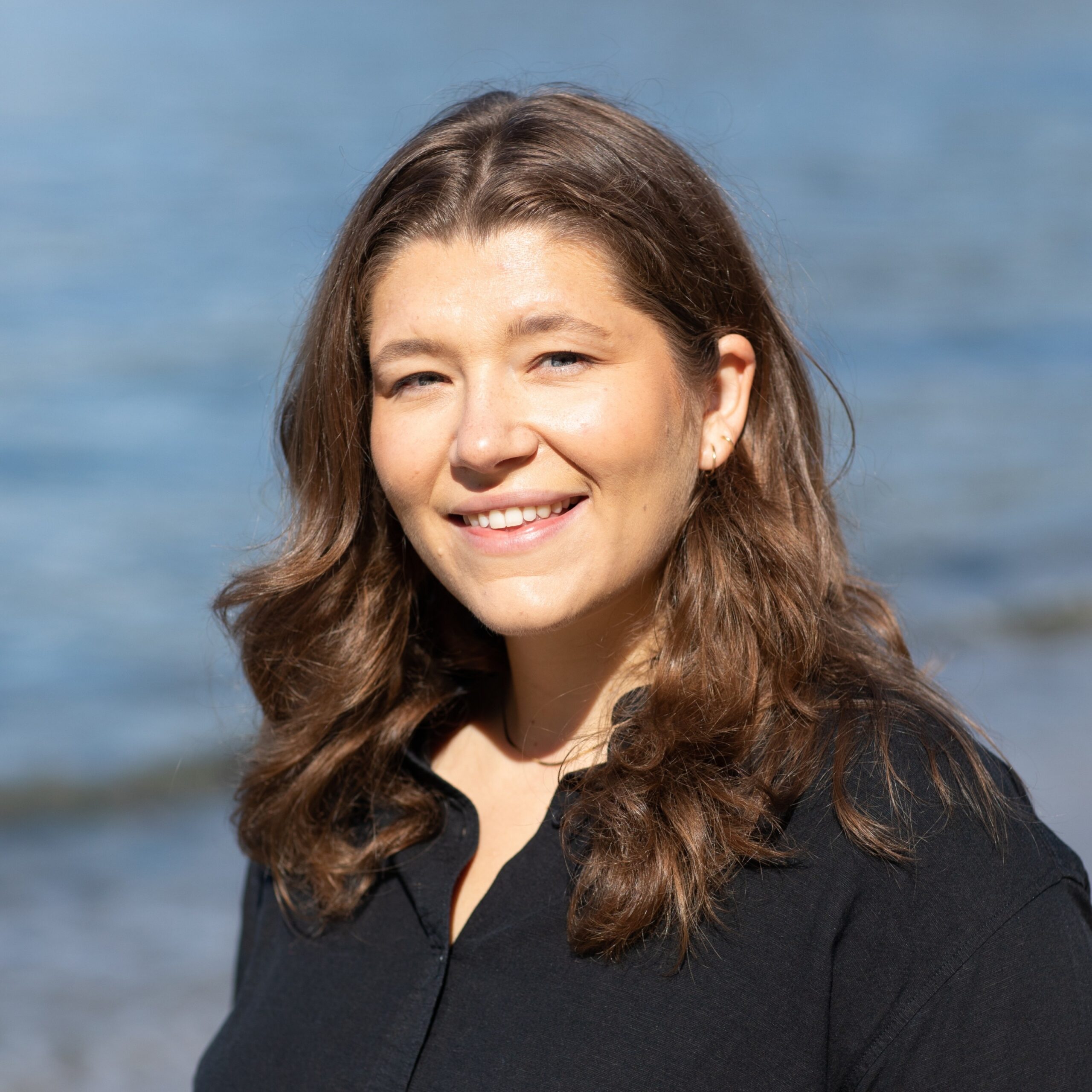
Julia Kreiner
University of Chicago
Julia M. Kreiner is an Assistant Professor in the Department of Ecology & Evolution at the University of Chicago. The central focus of the Kreiner lab is to understand how populations adapt to rapidly changing environments through the lens of species that have succeeded despite extreme human-mediated selection. Leveraging genomic approaches on collections spanning both landscapes and centuries, her goal is to reveal the genetic architectures and temporal dynamics that limit and facilitate rapid adaptation.

Joana Rocha
New York University
Joana Rocha is an Assistant Professor of Biology at New York University. After receiving her PhD in Biodiversity, Genetics and Evolution at the University of Porto, Joana joined the department of Integrative Biology at UC Berkeley as a Postdoctoral Researcher in Peter Sudmant’s group. Joana’s research is focused on the origins and bases of adaptive genetic variation at different spatiotemporal scales, on the mechanisms shaping mammalian genetic diversity and genome structures, and on how natural populations and species respond to shifting selective pressures, including changes in climate, environmental pathogens and resource availability. To address these, the Rocha lab combines state-of-the-art genomics with historical, ecological and functional data, leveraging museum collections and scientific field expeditions to the field for range-wide population scale sampling of mammals inhabiting some of the Earth’s major terrestrial biomes.
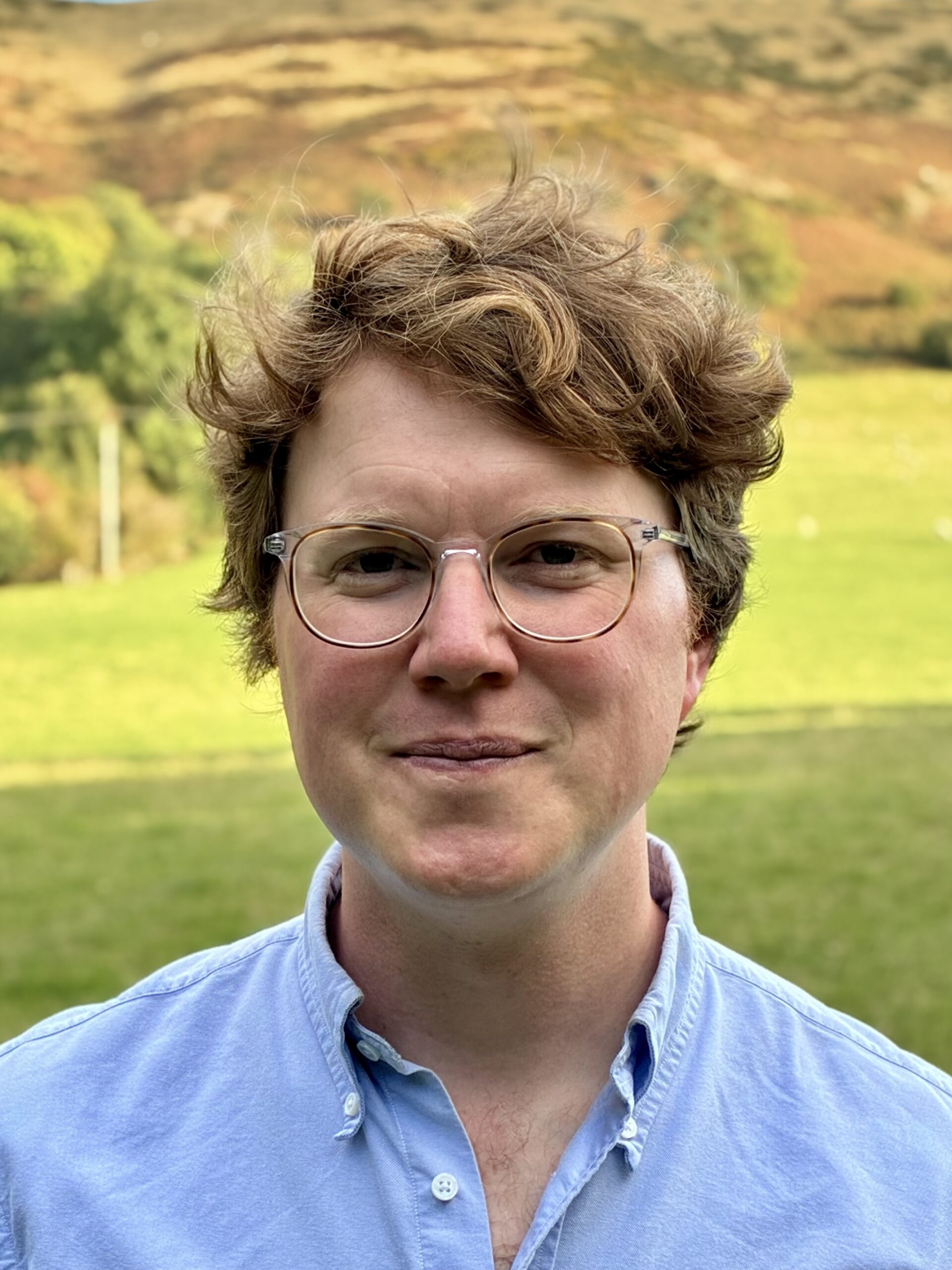
Carl Veller
University of Chicago
Carl Veller is an Assistant Professor in the Department of Ecology & Evolution at the University of Chicago. His lab works on theoretical questions in population and evolutionary genetics, including introgression and speciation, selfish genetic elements, the evolution of recombination, and the impact of selection, demography, and drift on the genetic architecture of complex traits.
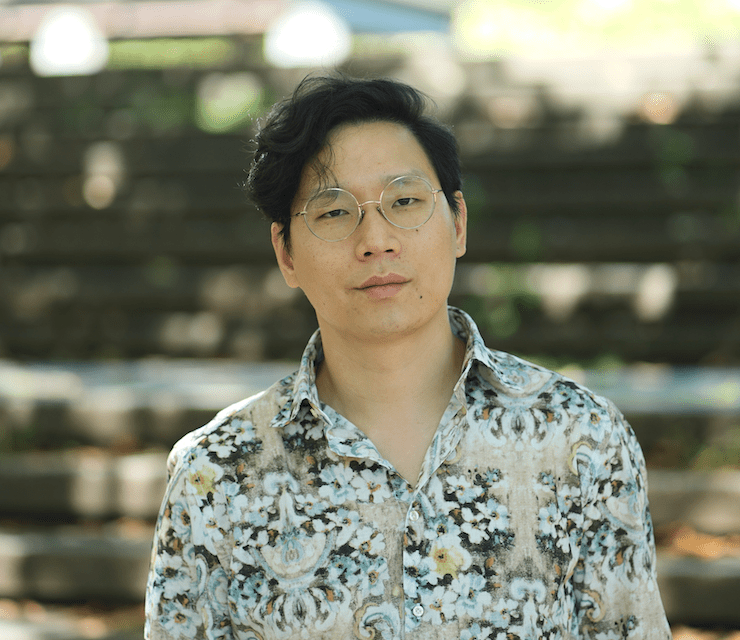
Kevin Wei
University of British Columbia
Kevin Wei is an assistant professor in the Department of Zoology at The University of British Columbia. The Wei lab combines genomics, population genetics, evolutionary, and developmental biology to decipher how selfish genetic elements like transposable elements and Mendelian cheaters drive the evolution of genome complexity (e.g. sex chromosome differentiation) and fundamental developmental processes (e.g. embryogenesis and meiotic recombination) in diverse Drosophila species.